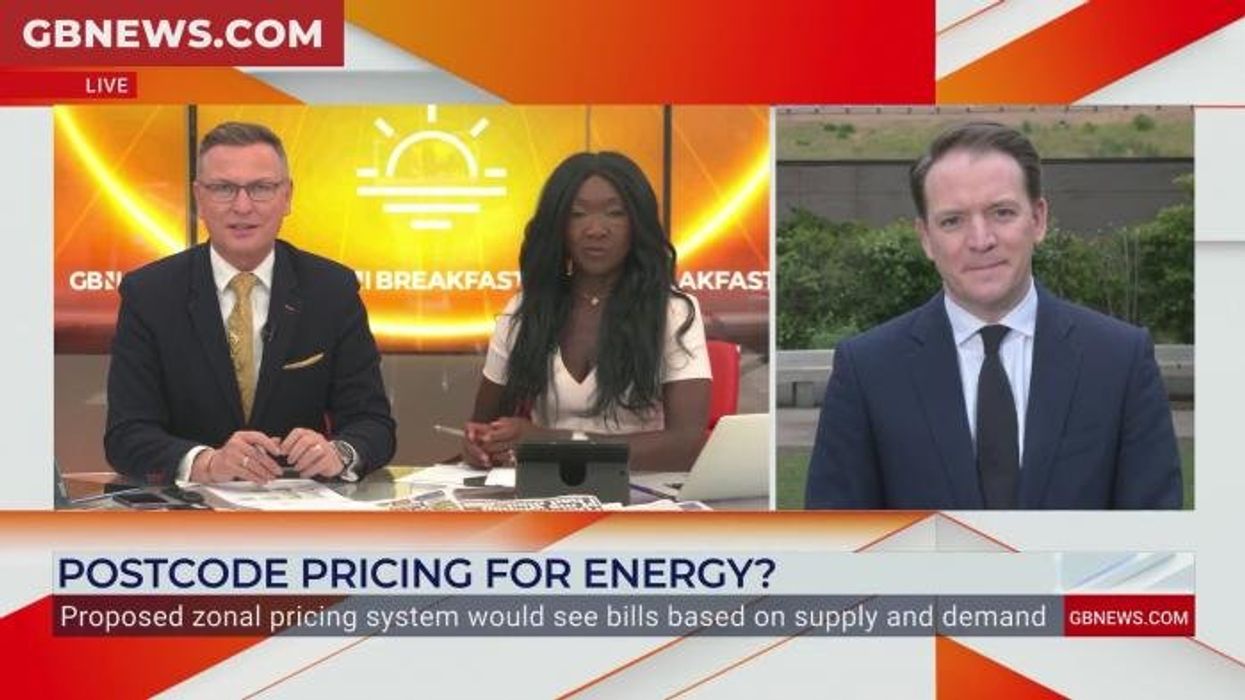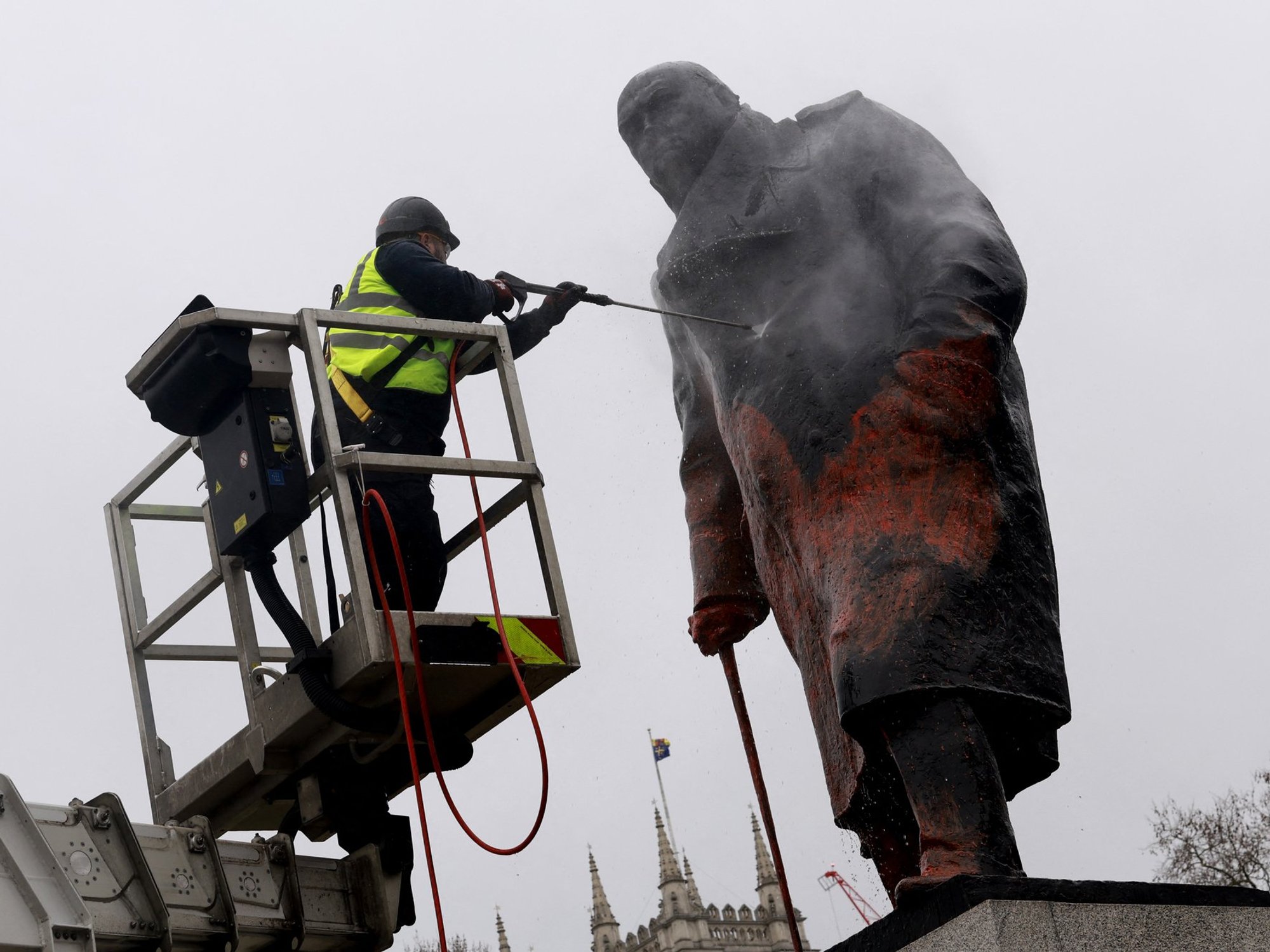Rachel Reeves eyes new tax hit for higher earners to cut bills for poorer families

Ed Miliband risks ‘disproportionately burdening’ families with energy bills shake-up |
GBNEWS

Rachel Reeves confirmed last week that she was committed to "targeted action" to bring down energy bills for poorer households in her autumn Budget
Don't Miss
Most Read
Higher-earning households may face increased taxes to finance reductions in energy costs for Britain's poorest families, as the Chancellor explores a significant redistribution of financial burdens.
The proposal under consideration would transfer approximately £3.5billion in charges currently attached to electricity bills into the general tax system.
These charges, which fund social care initiatives and environmental programmes, would no longer appear on household energy statements but would instead be covered through broader taxation measures.
The wealthiest quarter of earners would shoulder the financial impact, whilst those on lower incomes would see their annual energy expenses decrease.
Under the proposed changes, households with the lowest incomes would benefit by approximately £110 each year, according to calculations presented to the Treasury.
Families in the middle income brackets would see more modest savings of roughly £40 annually.
However, the financial burden would shift significantly towards affluent households, with the highest-earning quarter facing additional costs averaging nearly £350 per year.

Households with the lowest incomes would benefit by approximately £110 each year
|GETTY
This redistribution reflects a deliberate policy choice to reduce the financial pressure on vulnerable households whilst requiring those with greater resources to contribute more through the tax system.
The changes would fundamentally alter how environmental and social programmes are funded across British households.
The Resolution Foundation, a think tank with established connections to Labour ministers, has developed and presented this redistribution proposal to Ms Reeves.
The organisation has characterised the existing arrangement as "highly regressive" and advocates for fundamental changes to how these programmes receive funding.
 The Government has committed to more energy bill support | GETTY
The Government has committed to more energy bill support | GETTY Their recommendations specifically target the removal of charges currently added to electricity bills that finance renewable energy infrastructure and home insulation schemes.
These levies presently generate £3.5 billion annually but disproportionately affect lower-income households who spend a larger percentage of their earnings on energy costs.
The think tank's analysis forms the basis for the Treasury's current deliberations on reforming energy bill structures.
The Chancellor indicated last week her intention to implement "targeted action" aimed at reducing energy costs for struggling households when she delivers her autumn Budget.
 Britons could save money on energy bills | GETTY
Britons could save money on energy bills | GETTY The fiscal implications would see an initial increase of £4.5billion to the annual tax burden, though projections suggest this figure would decline to £3.5billion before 2030.
The Resolution Foundation has not specified which taxation mechanisms should generate the required revenue.
Ms Reeves is expected to announce multiple revenue-raising measures focused on wealth and assets during next month's Budget presentation, though the specific methods for funding this energy bill reform remain undetermined.
More From GB News










